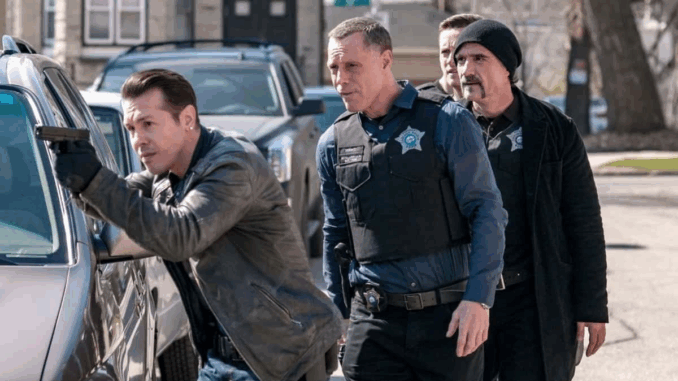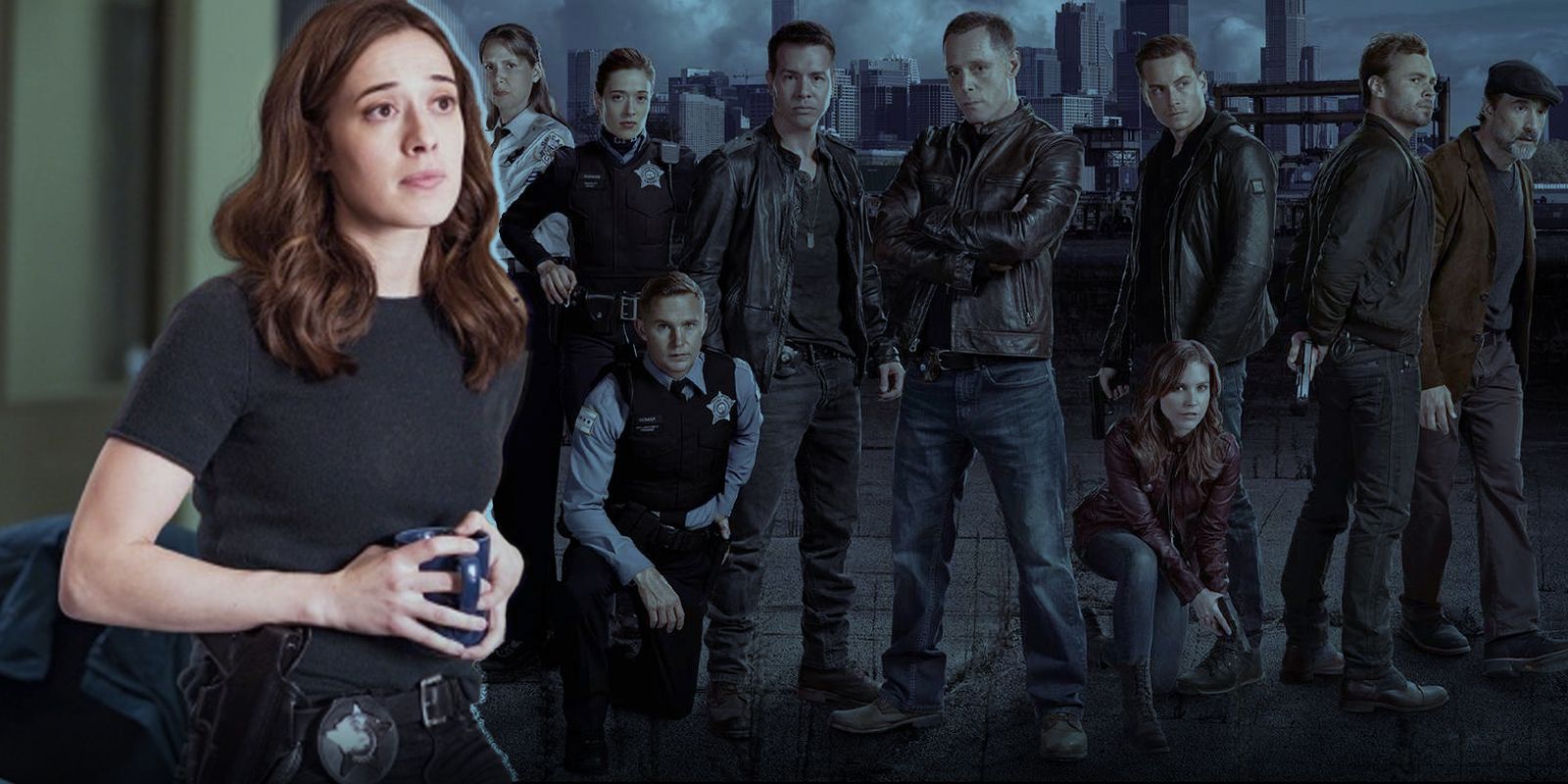
In the ever-evolving landscape of crime dramas, “Chicago PD” continues to stand out, offering a raw, unflinching look at the daily struggles and moral complexities faced by law enforcement. As 2025 progresses, the series has cemented its reputation as one of the most compelling and relevant shows on television, fearlessly exploring the challenges of maintaining order and delivering justice in a city that often feels on the brink. This season, in particular, has seen the Intelligence Unit navigating an increasingly hostile environment, both on the streets and within the halls of power, leaving viewers to question where the line between right and wrong truly lies.
One of the most striking aspects of the current “Chicago PD” run is its deep dive into the psychological toll of police work. Beyond the adrenaline-fueled raids and interrogations, the show meticulously portrays the trauma, the cynicism, and the emotional exhaustion that comes with witnessing humanity at its worst day in and day out. Recent episodes have powerfully illustrated the impact of PTSD on officers, with storylines that explore their struggles to maintain personal relationships and mental stability outside of their demanding careers. This candid exploration adds a crucial layer of realism that is often missing in other police procedurals.
The series has also doubled down on its commitment to depicting the socio-economic realities that underpin much of the crime in Chicago. We’ve seen cases that highlight the devastating effects of poverty, lack of opportunity, and systemic neglect on communities, offering a more holistic view of crime beyond individual perpetrators. This season has masterfully interwoven narratives about gang recruitment, the fentanyl crisis, and the challenges of reintegrating former offenders, providing context to the often-brutal outcomes that Intelligence must confront. It’s a show that isn’t afraid to ask “why,” not just “who.”
Furthermore, the character dynamics within the Intelligence Unit remain a cornerstone of the show’s appeal. The often-strained but ultimately loyal relationships between characters like Adam Ruzek, Kim Burgess, and Jay Halstead (even in his absence or through his lingering influence) continue to evolve, reflecting the pressures and camaraderie unique to law enforcement. The series excels at showcasing the familial bond forged in shared danger, but also the internal conflicts that arise when personal ethics clash with professional directives.
The overarching narrative of this season seems to be the increasing scrutiny and diminishing resources faced by police departments nationwide. “Chicago PD” doesn’t shy away from depicting the frustrations of officers who feel caught between public demands for accountability and the practical realities of fighting crime with limited tools and overwhelming societal issues. This nuanced portrayal encourages viewers to consider the multifaceted perspectives involved in the complex debate surrounding policing in America today.

Looking ahead, the show promises more high-stakes operations and emotionally charged storylines that will keep audiences guessing. “Chicago PD” in 2025 isn’t just about solving crimes; it’s about exploring the human cost of justice, the blurred lines of morality, and the resilience of those who choose to stand on the thin blue line. It’s a powerful, compelling, and utterly essential watch for anyone seeking a deeper understanding of the challenges facing our police forces and the communities they strive to protect.